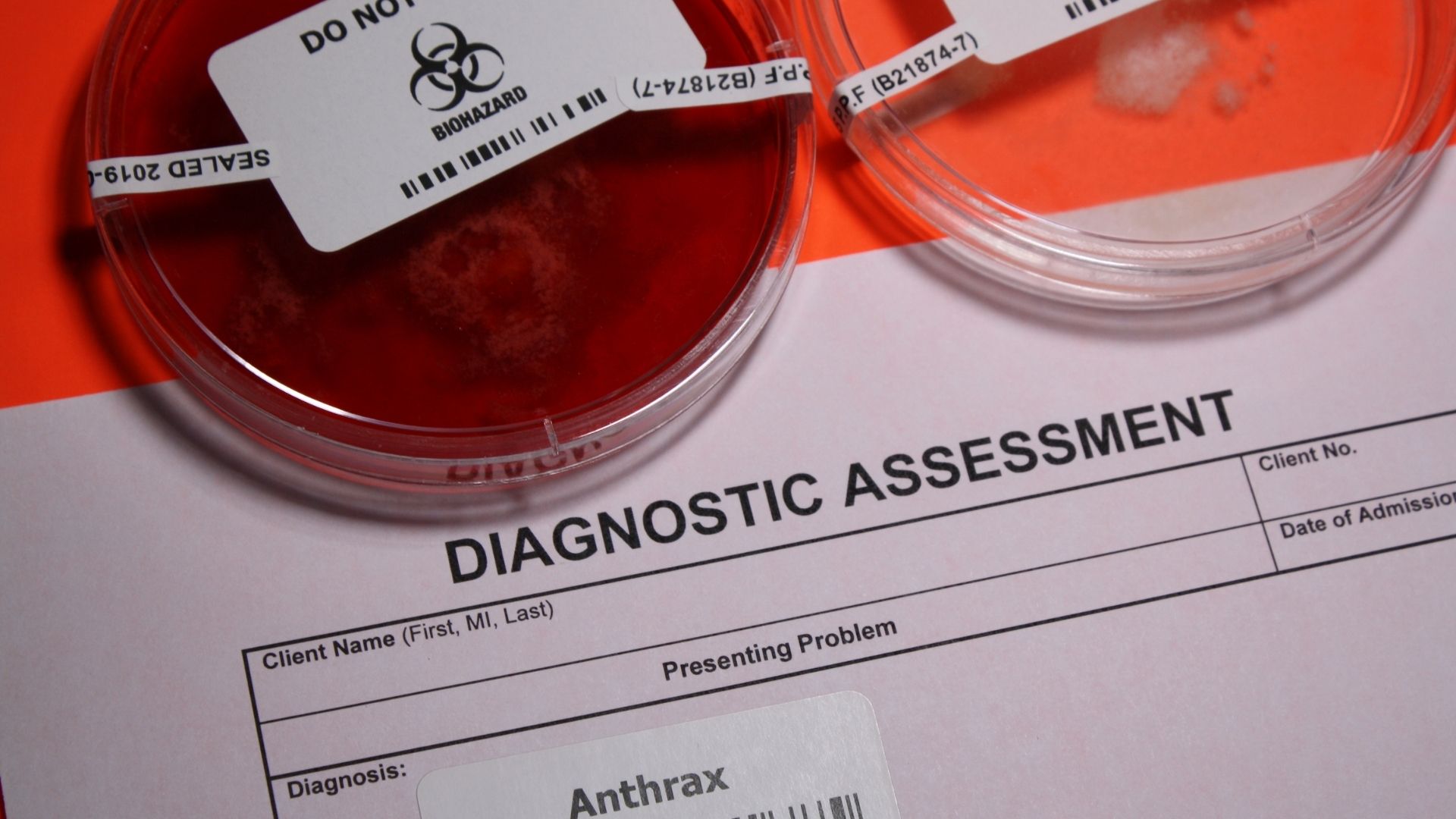Epilepsy, commonly known as epilepsy, is a neurological disease caused by abnormal electrical activity in the brain. It is a chronic disease that affects approximately 1% of the population in Turkey. Epilepsy can occur in different age groups and can develop for various reasons.
Epilepsy Seizure Types
Epileptic seizures vary depending on which part of the brain they start in. Here are the main types of epileptic seizures:
Simple Partial Seizures: In these seizures, consciousness is clear and can originate in the temporal lobe, frontal lobe, parietal lobe or occipital lobe. Symptoms can vary from person to person and may include sudden fear, altered perception of taste or smell, numbness or strange sensations.
Complex Partial Seizures: In these seizures, consciousness is affected. The person may exhibit automatic behaviors such as chewing, swallowing, strange looks. The person may not remember the event after the seizure.
Generalized Seizures: These seizures spread to the whole brain and can be severe. In such seizures, loss of consciousness may occur and the person may fall. Generalized seizures are characterized by muscle contractions and body movements.
What to do during epileptic seizures?
What to do during an epileptic seizure should be aimed at ensuring the safety of the person:
If the person is at risk of falling, they should be placed on their side to prevent them from falling to the floor.
The head should be supported with a soft material to prevent the person from hitting their head.
The head should be turned to the side to prevent saliva or vomit from entering the throat.
Harmful objects around the person should be removed.
Sharp or breakable objects such as glasses should be removed.
The patient should not be forced to lie down and his/her movements should not be hindered.
Causes of Epilepsy
Epilepsy can be associated with many causes. Here are the possible causes of epilepsy:
Infections in the womb
Oxygen deprivation during labor
Head trauma
Genetic factors
Brain tumors
Developmental brain anomalies
Brain infections (e.g. meningitis)
Symptoms of Epilepsy
Symptoms of epilepsy can vary depending on the area of the brain affected by the abnormal activity. General symptoms may include:
Sudden contractions
Uncontrolled shaking
Loss of consciousness
Head nodding
Fast blinking
Psychological symptoms such as fear, anxiety or déjà vu

Epilepsy Diagnosis Methods and Treatment
Doctors use various tests to diagnose epilepsy. An electroencephalogram (EEG) measures the electrical activity of the brain and helps detect seizures. Brain scans (MRI or CT) can show structural problems underlying epilepsy.
Treatment for epilepsy is with anti-epileptic drugs in most patients. These medicines help to control seizures. Medication should be used regularly and as prescribed by the doctor.
Surgical intervention may be necessary in patients who do not respond to treatment or in special cases. Surgical options include removal of the epileptic focus or interruption of seizure propagation pathways. Alternative treatments such as ketogenic diet may also be considered in some patients.
Is Epilepsy Chronic?
Yes, epilepsy is a chronic disease and can last a lifetime. Patients need to accept that it is part of their illness and learn to live with it. Lifestyle factors such as stress management, regular sleep, healthy diet and regular medication use are important in epilepsy management.
Epilepsy is a complex neurological disease and may have symptoms that differ between individuals. Accurate diagnosis, effective treatment and lifestyle management can improve the quality of life of people with epilepsy and help control seizures.



